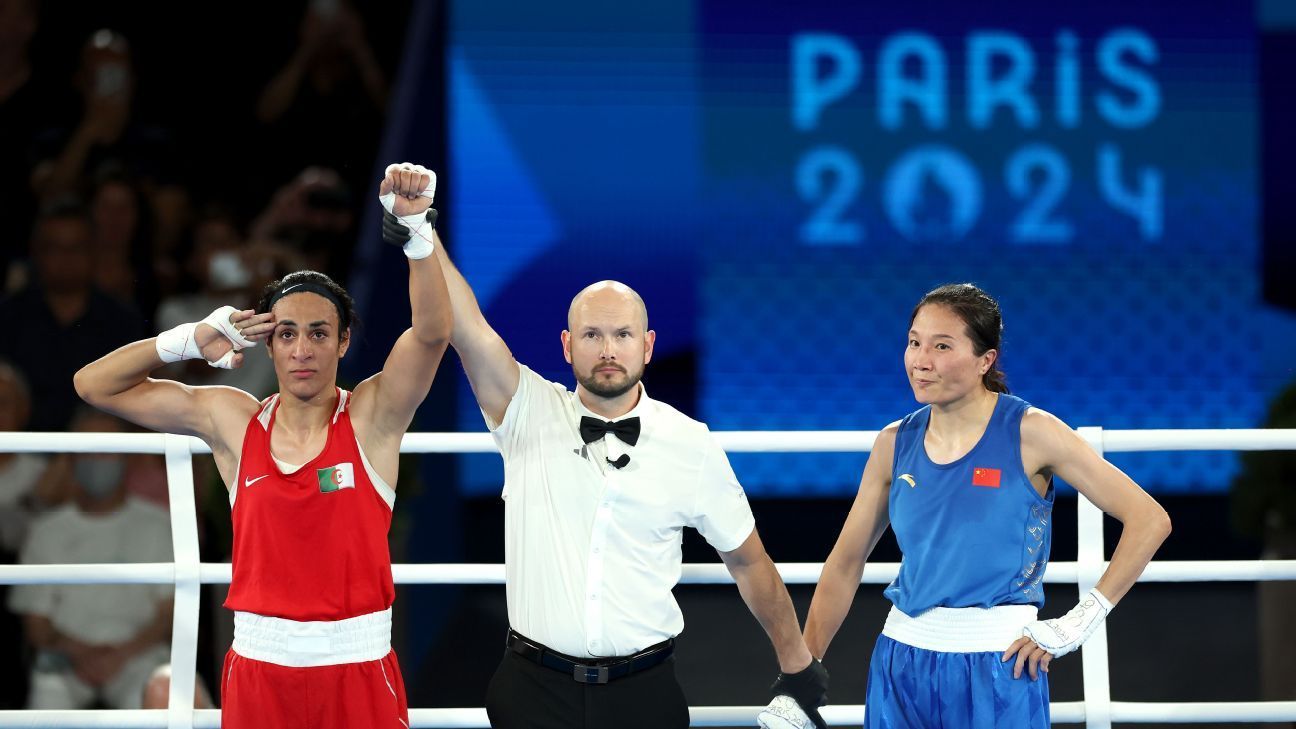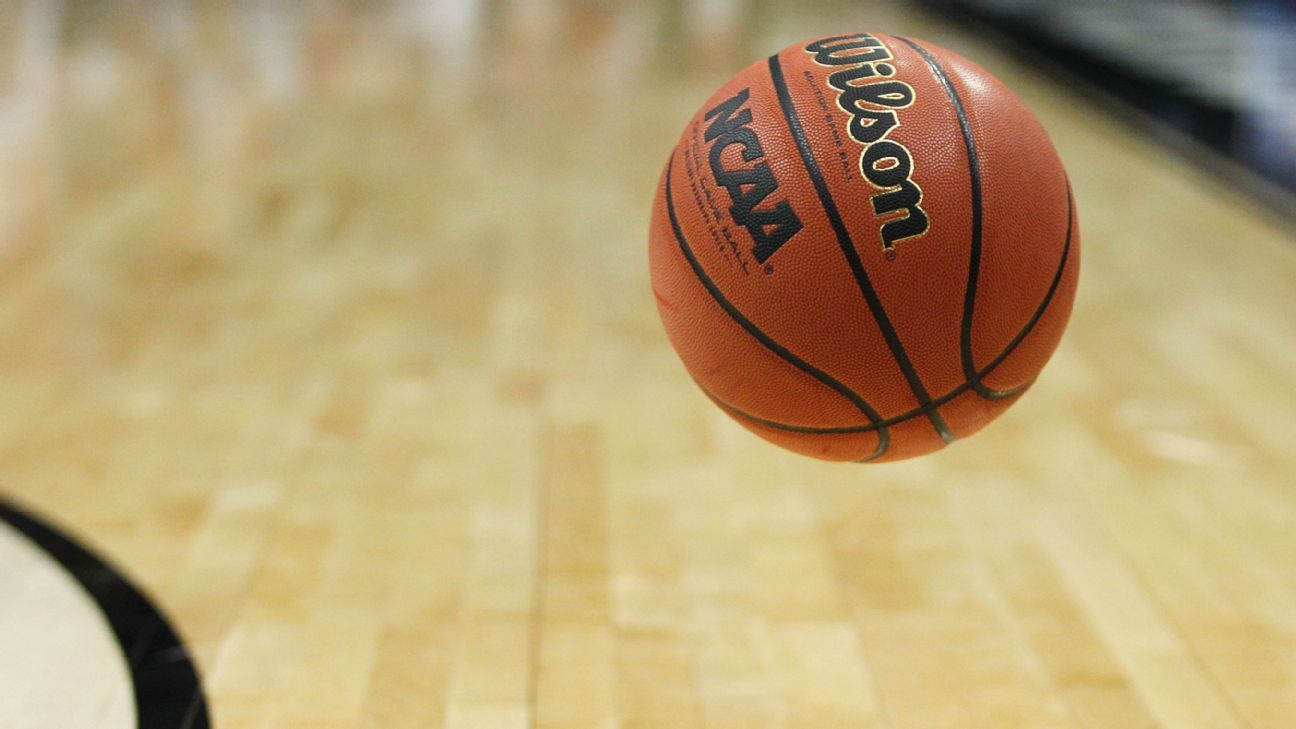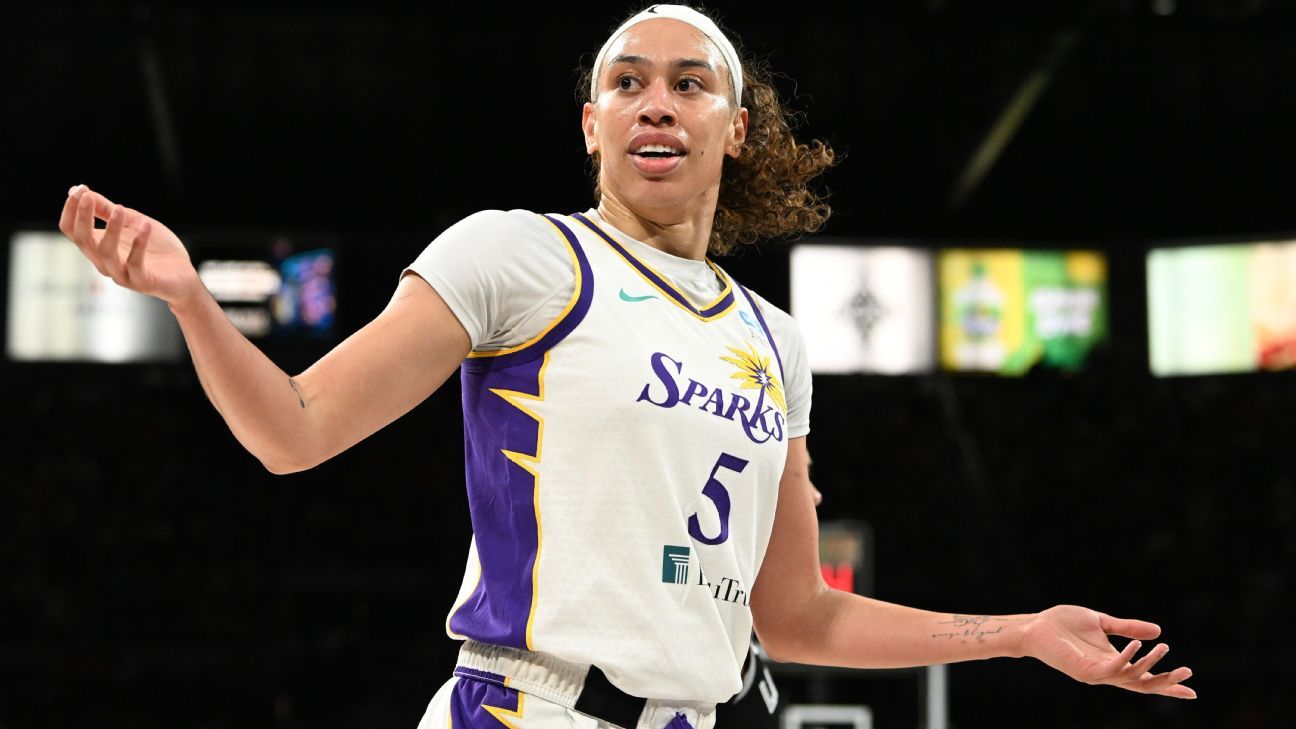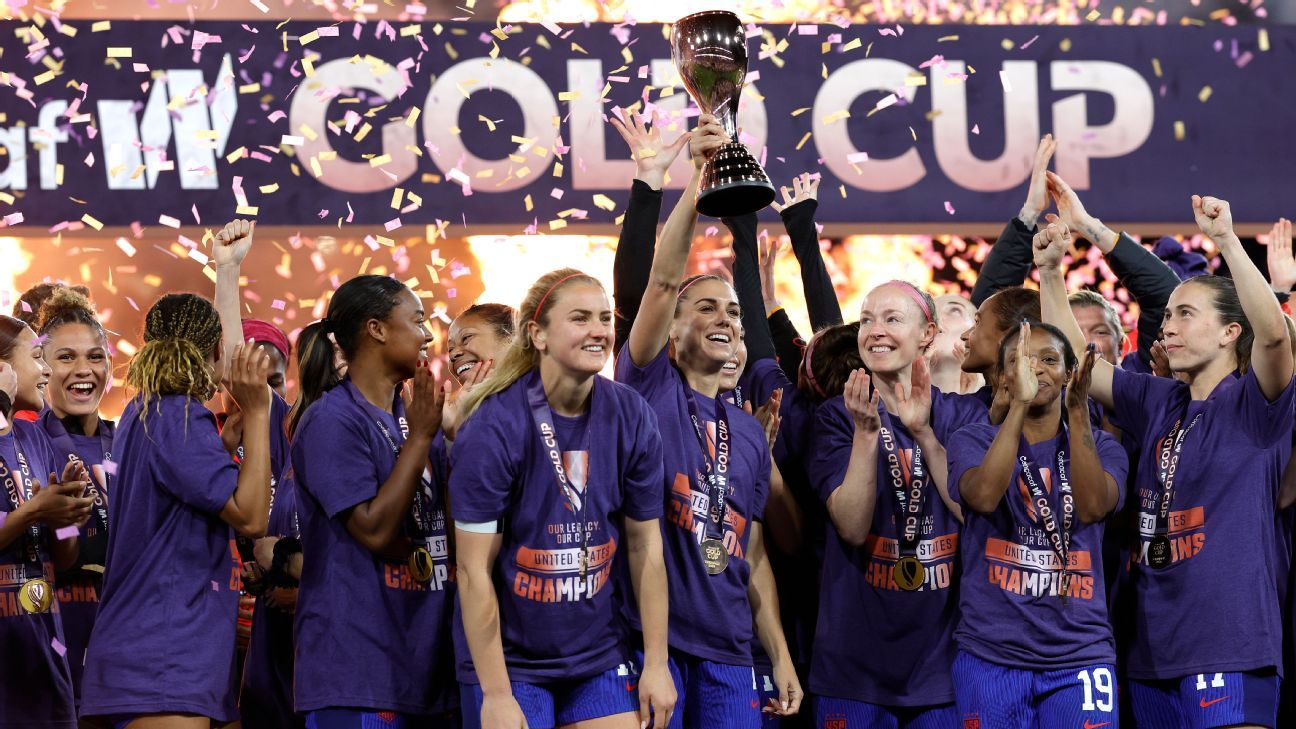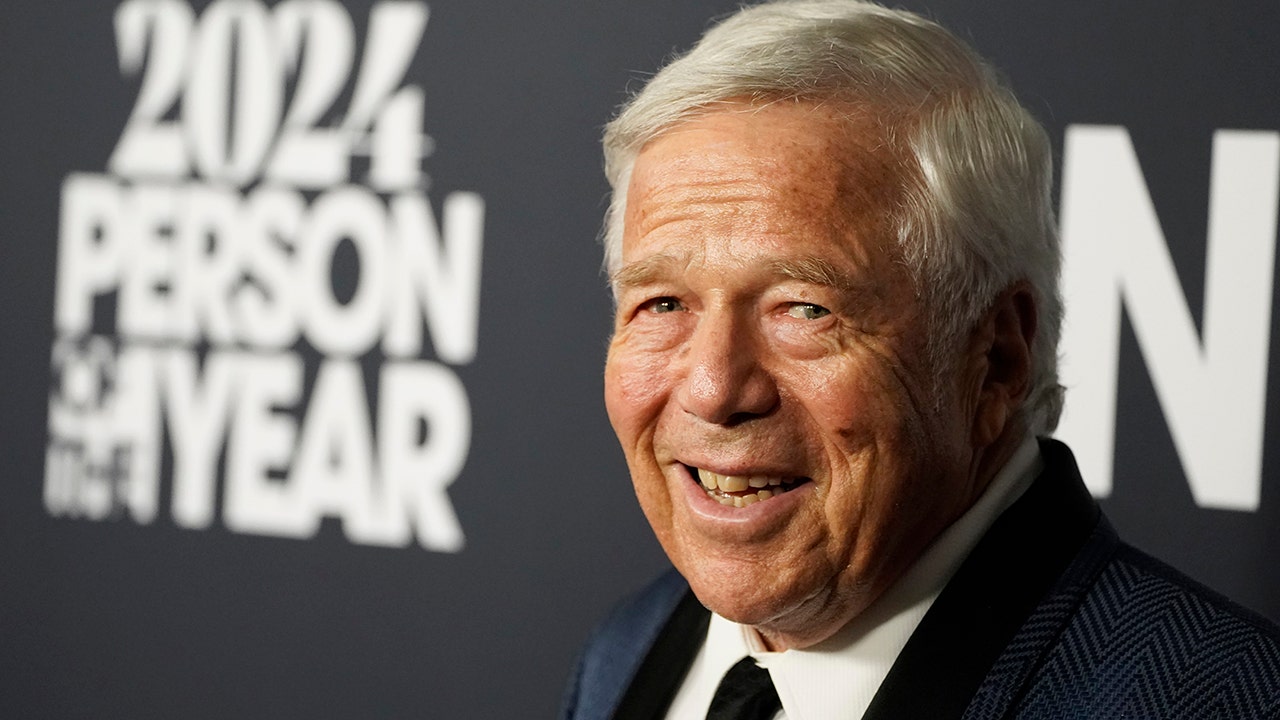PARIS — Algerian boxer Imane Khelif won a gold medal at the Paris Olympics on Friday, emerging as a champion after a tumultuous run at the Games in which she endured intense scrutiny in the ring and online abuse from around the world over misconceptions about her being a woman.
Khelif defeated China's Yang Liu 5-0 in the women's welterweight final, capping the best series of fights of her boxing career with a victory at Roland Garros, where crowds chanted her name, waved Algerian flags and roared every time she landed a punch.
After her unanimous victory, Khelif leapt into the arms of her coaches, one of whom put her on his shoulders and carried her on a victory lap as she pumped her fists and grabbed an Algerian flag from the crowd.
“For eight years, this has been my dream, and now I am an Olympic champion and gold medalist,” Khelif said through an interpreter. Asked about the scrutiny, she told reporters: “That also gives my success a special flavour because of those attacks.”
“We are at the Olympics to act as athletes and I hope we do not see similar attacks in future Olympics.”
Fans have embraced Khelif in Paris, even as she faced an extraordinary amount of scrutiny from world leaders, major celebrities and others who questioned her eligibility or falsely claimed she was a man. This has plunged her into further division over changing attitudes toward gender identity and regulations in sports.
This follows a decision by the Russian-dominated International Boxing Association to disqualify Khelif and her compatriot and two-time Olympian Li Yu-ting of Taiwan from last year's world championships, claiming both failed an eligibility test for women's competition about which IBA officials have refused to answer basic questions.
“I am fully qualified to take part in this competition,” Khelif said on Friday. “I am a woman like any other woman. I was born as a woman, I live as a woman and I am qualified.”
Last year, the International Olympic Committee took the unprecedented step of permanently banning the IBA from the Olympic Games following years of concerns about its governance, competitive fairness and financial transparency. The IOC has called the sport's governing body's arbitrary sex testing of the two boxers irremediable.
The IOC has repeatedly reaffirmed the two boxers' right to compete in Paris, and President Thomas Bach personally defended Khelif and Lin, calling the criticism “hate speech.”
Khelif said he has been boxing in IBA competitions since 2018, but now “they hate me and I don't know why.”
“I send you only one message with this gold medal, and that is that my dignity and my honor are above all else,” he said.
The IBA's reputation has not stopped international outrage linked to misconceptions surrounding boxers, which has been amplified by Russian disinformation networks. Nor has it stopped two boxers who have performed at the highest level of their careers under media scrutiny.
Khelif dominated in Paris at a level he had never reached before, winning every round on every judge's scorecard in each of his three fights that went the distance.
Khelif's gold medal is Algeria's first in women's boxing. She is the second gold medallist for her country, after Hocine Soltani (1996), who won the seventh gold medal in Algeria's Olympic history.
While Khelif attracted enthusiastic, flag-clad fans in Paris, she has also become a heroine in her North African country, where many have seen the world's dissection of Khelif as a critique of their nation.
Khelif's fight, dubbed “The Night of Destiny” in local newspapers, was projected on screens set up in public squares in Algiers and other cities. In the town of Tiaret, in the region where Khelif is from, workers braved the scorching summer heat to paint a mural of Khelif in the gym where he learned to box.
“Imane has been able to take advantage of the criticism and attacks on her femininity,” says Mustapha Bensaou, from the Tiaret gym. “The slander has given her a boost… It's a kind of blessing in disguise.”
Khelif won the first round against Yang on all five judges' scorecards despite showing slightly less aggression than he had earlier in the tournament. Khelif then knocked Yang to the ropes with a combination early in the second round, though Yang countered with a flurry of punches and fought back valiantly.
Khelif won the second round and swept the third, making a triumphant boxer gesture in the final seconds of the fight before both boxers embraced. When the verdict was announced, Khelif waved and waved his arm in joy.
During the medal ceremony, she smiled and waved to the crowd before kissing her gold medal. The four medalists (boxing awards two bronze) posed for a selfie on the podium, held hands and raised them together.
The gold medal fight was the culmination of Khelif's nine-day run at an Olympic tournament that began in strange fashion. Khelif's first opponent, Angela Carini of Italy, quit the fight after just 46 seconds, saying she was in too much pain from Khelif's punches.
A story that was already brewing suddenly sparked comments from people including former US President Donald Trump and “Harry Potter” author JK Rowling, who joined in the criticism and falsely speculated about competition between men and women in sports. Carini later said she regretted her actions and wanted to apologize to Khelif.
Khelif has never performed as well in another international tournament as she has at these Olympics. When pundits and hecklers who had never seen her fight described her last week as some kind of unstoppable punching machine, opponents and teammates who knew her were shocked by the characterization.
She then lived up to her ambition of becoming one of the world's best Olympic boxers.
Lin will fight for a gold medal on Saturday on the final day of the Olympics. She will face Julia Szeremeta of Poland and have the chance to win Taiwan's first boxing gold.

